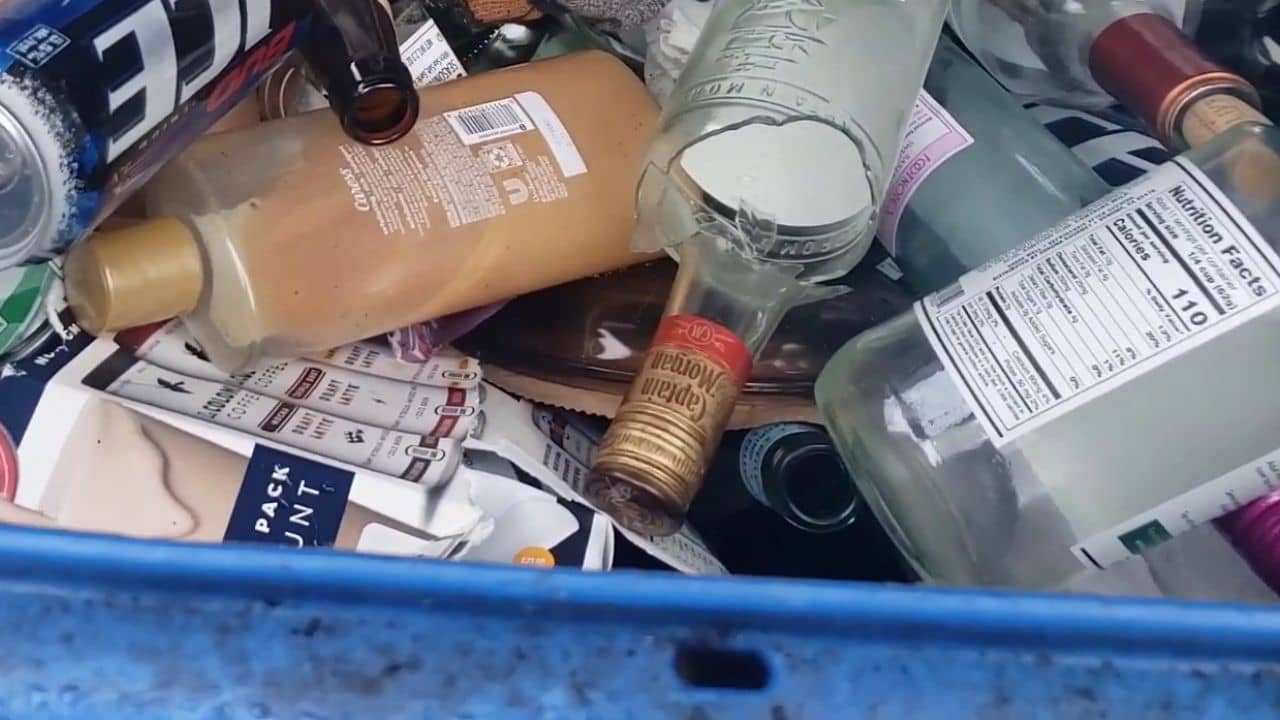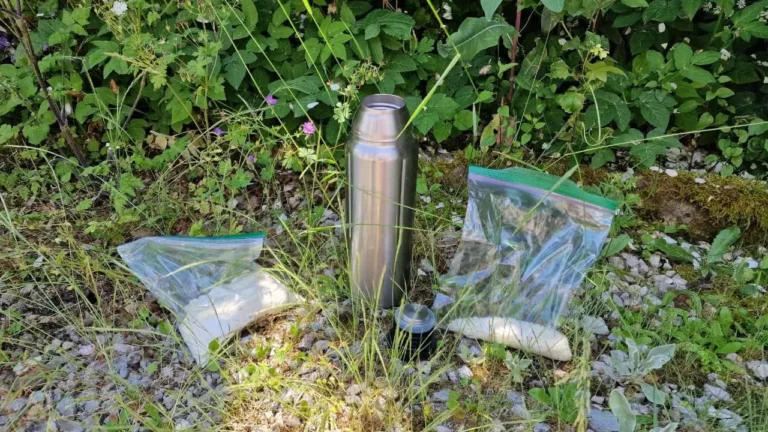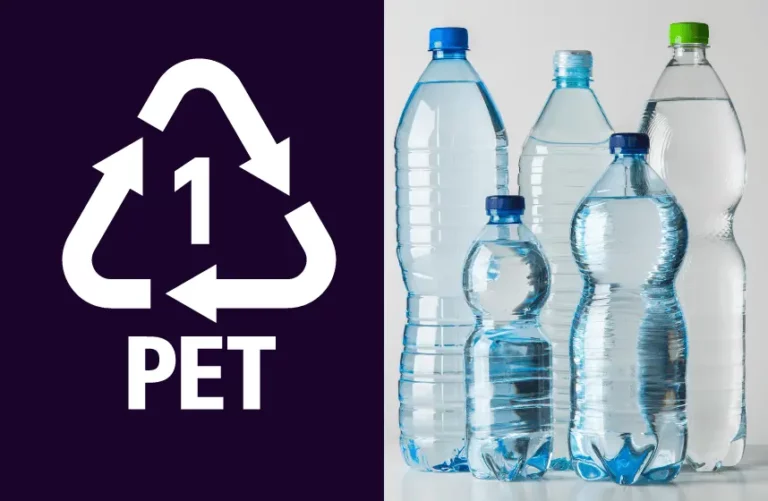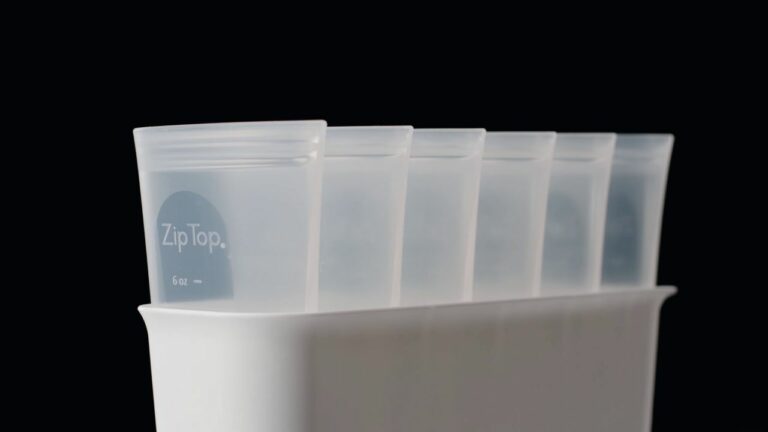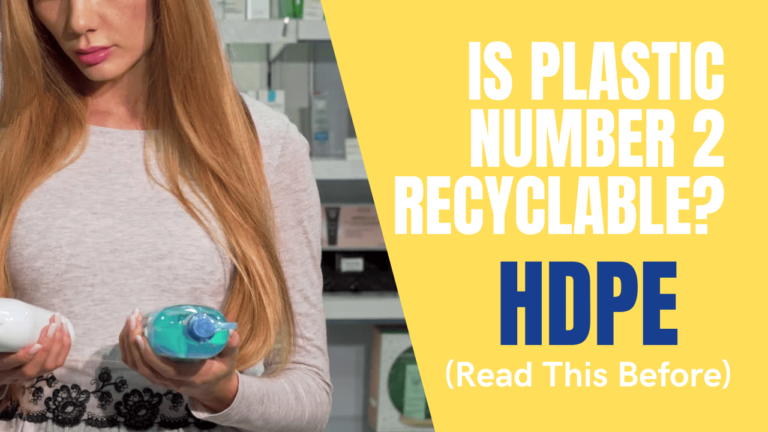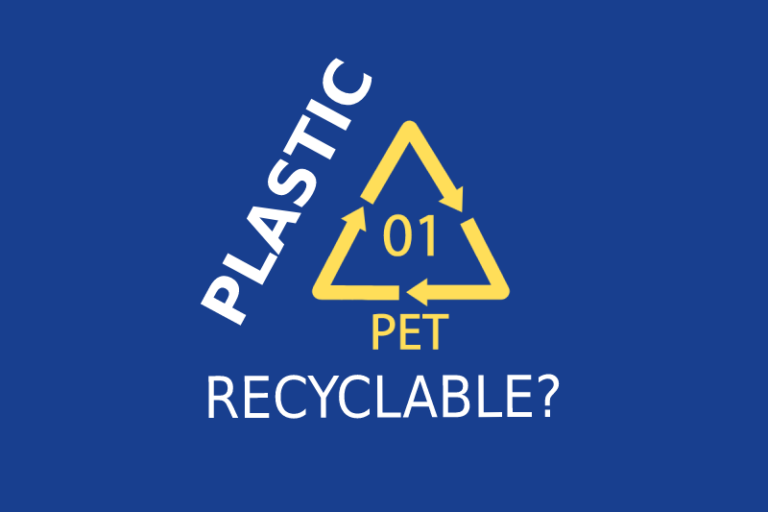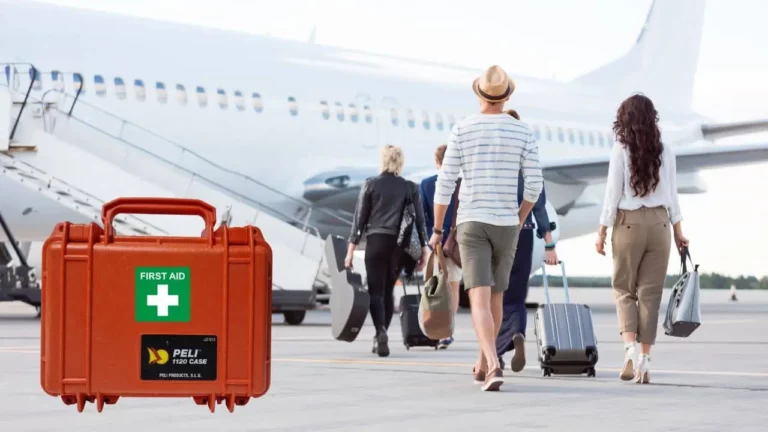Can You Put Plastic & Glass Together in Recycle Bin? (Solved)
Are you unsure about whether you can put your recyclable plastics and glass together in your curbside recycling bin? Well, you aren’t alone. It turns out there are many intricacies regarding recycling glass and plastics that many of us have no idea about. To put the doubts, myths, and misinformation to rest here is how you recycle plastic and glass – the right way!
No, you can not put plastic and glass together in a recycle bin. Glass has to be separated from other types of recyclables as broken glass can hamper and contaminate the recycling process. Glass is normally disposed of in a separate recycling bin specifically for recyclable glass jars and bottles.
With that being said, as I mentioned before, there is a lot more to recycling plastic and glass. To make sure you are doing your part correctly, read on!
Why Shouldn’t You Mix Plastic & Glass in Recycling?
The myth that all recyclable materials can be recycled in the same facility is a complete bust! Plastic, glass, and aluminum cans all have to be recycled separately as each one requires special machinery in order to be broken down and reused.
Mixing plastic and glass together in a recycling bin is a big NO NO as this can be incredibly dangerous for all those involved in the recycling process.
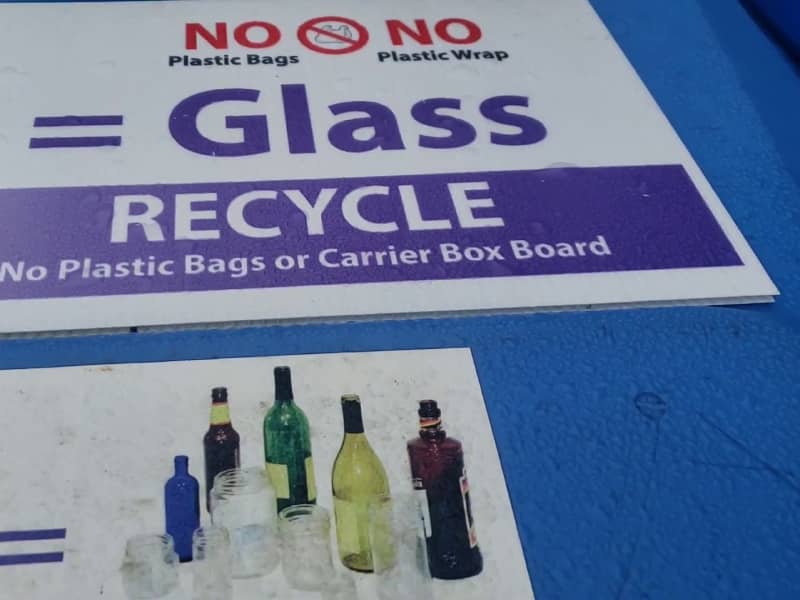
Glass undergoes a lot of handling and breakage and these small pieces of glass can become embedded in other materials (paper-cardboard, plastic, etc.), which not only makes them unsuitable for recycling but also a nightmare for workers during the handling and sorting process.
What Can & Can’t Go Together in a Recycle Bin?
Here is a table that shows exactly what recyclables can go together in a recycle bin.
| Plastics | Plastic bottles (without the caps), pots, containers, tubs, cartons |
| Paper | Newspapers, magazines, catalogs, junk mail, flyers, loose paper, and letters |
| Cardboard | Cereal boxes, egg crates, etc. |
| Metal | Empty aerosols, tin, soda cans, food cans, aluminum foil, bottle tops |
| Glass | Bottles and jars |
Remember each of these items still has to be placed in the bin separately. You should never pile up all of your recyclables in a plastic bag or even a box. Each item should be placed loose. That way it can all be sorted out in the most efficient manner by your local waste management.
Now that you know what can go together in a recycle bin, here is a list of the most common things that should never end up in recycling – but still somehow do.
- Plastic bags, film, and wraps
- Batteries
- Bagged recyclables
- Electronics
- Organics
- Single-use paper cups
- Diapers
- Empty aerosol cans (although some municipalities do accept them)
- Full aerosol cans
- Clothing
- Wooden or plastic furniture
- Multi-layer food packaging
- Hazardous materials
- Garden waste
- Ceramics
- Styrofoam/bubble wrap
- Medical waste (syringes, bandages, etc.)
- Hangers
- Broken glass
- Rope, hoses, electrical cords (anything that can get tangled)
- Lightbulbs
- Propane cylinders
How To Correctly Recycle Glass?
The first thing you should do when recycling glass is to separate all your glass bottles and jars into a separate pile away from your other recyclables.
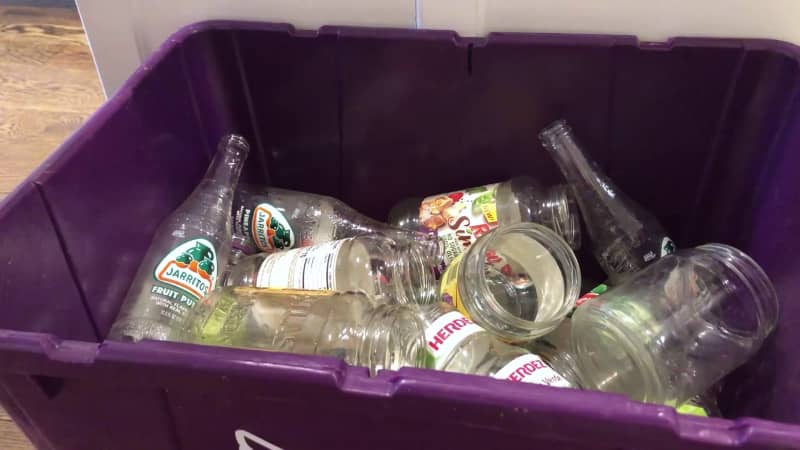
In most cities and suburbs in the US, local waste management provides separate bins for recycling glass. If this is the case in your area, always put all of your glass bottles and jars in these separate bins.
If there isn’t a separate bin for glass, don’t worry. You can place your glass jars and bottles loose, or in a cardboard box, when placing them inside a mixed recycling bin. Make sure the glass isn’t mixed in with other recycling material as it can cause contamination devaluing the quality of other recyclables.
Types of glass that can be recycled
You may be surprised to learn that not all glass is recyclable. Only glass bottles and jars are 100% recyclable (including cosmetic bottles/jars).
Glass bottles can come in many shapes and sizes. Wine bottles, beer bottles, spice, and sauce bottles are all recyclable. Jam jars and sauce jars are also 100% recyclable (all colors, labels can stay on).
Green, brown, and clear glass are also all recyclable.
Top Tip: Make sure you rinse and clean the bottles and jars and let them dry before placing them in the recycling bin.
Types of glass that can’t be recycled
First of all, the culinary glass used for dishes or transparent dishes is not recyclable. These objects melt at a higher melting temperature than glass which poses a risk of defected new bottles made from this recycled glass. Some other glass that is non recyclable: mirrors, lightbulbs, ceramics, sheet glass, and broken glass. These types of glass belong in the garbage and must be carefully disposed of.
When disposing of broken glass, always make sure all the pieces are wrapped in paper and sealed off in a plastic bag. You can also use tape to wrap up the paper ensuring the glass doesn’t go anywhere.
Indeed, broken glass can be a nightmare for handlers and is the leading cause of workplace injuries and accidents. Taking a minute to make sure broken glass is carefully packed so none of the pieces are sticking or falling out can save a lot of pain for the person collecting your garbage.
Therefore, it is essential that you take the required precaution and care when disposing of any type of non-recyclable glass.
How To Correctly Recycle Plastic?
Not all plastic is recyclable. In fact, only very select types of plastics can be deemed recyclable, depending on where you live. Just because the plastic container you are tossing out has a recycling code on it, doesn’t mean it can be recycled by your waste management company.
One needs to be a lot more careful and diligent when it comes to recycling plastic. The recycling code, which can be found on the underside of most plastic containers (looks like a triangle with three arrows) will have a number attached to it. It is this number that is most important.
The numbers usually vary from 1-7 depending on the type of plastic that product is made from. Check your local waste management website to find out what numbers or types of plastics it accepts. If the number on your container matches the acceptable numbers on the list you can safely recycle this form of plastic in your local curbside recycling bin.
If the numbers don’t match or the type of plastic isn’t accepted by your local waste management, then you will likely have to toss these items in the garbage. Better yet, donate them or reuse them for something else!
Plastic bags should never be placed in a roadside recycling bin. Even though plastic bags are recyclable they require specialized equipment which most local waste management companies lack. Your best bet would be to recycle them at recycling bins found at most large-scale supermarkets and malls.
Final Thoughts
A lot of perfectly recyclable material ends up in landfills as a result of our negligence. So, the next time you are looking to recycle different glass and plastic, keep what I said about keeping them separate in mind.
Take the extra time to make sure you are recycling the two separately and correctly, so that they end up in the recycling plant and not in our landfills.
Sources
- Recycle Coach: Is broken glass recyclable?
- Natural Home Brands: How to Separate Your Recyclables

